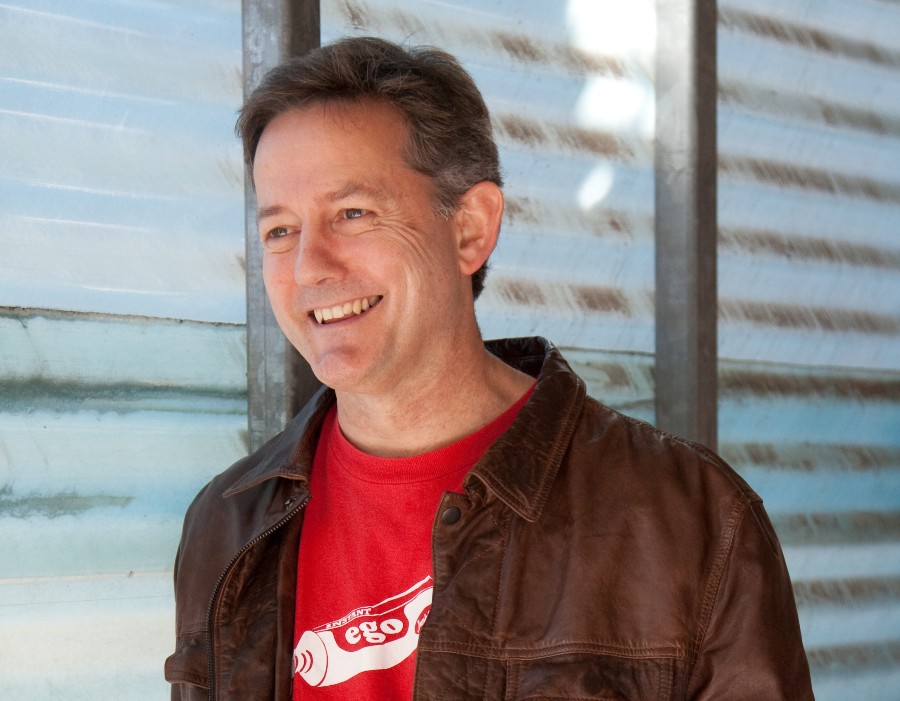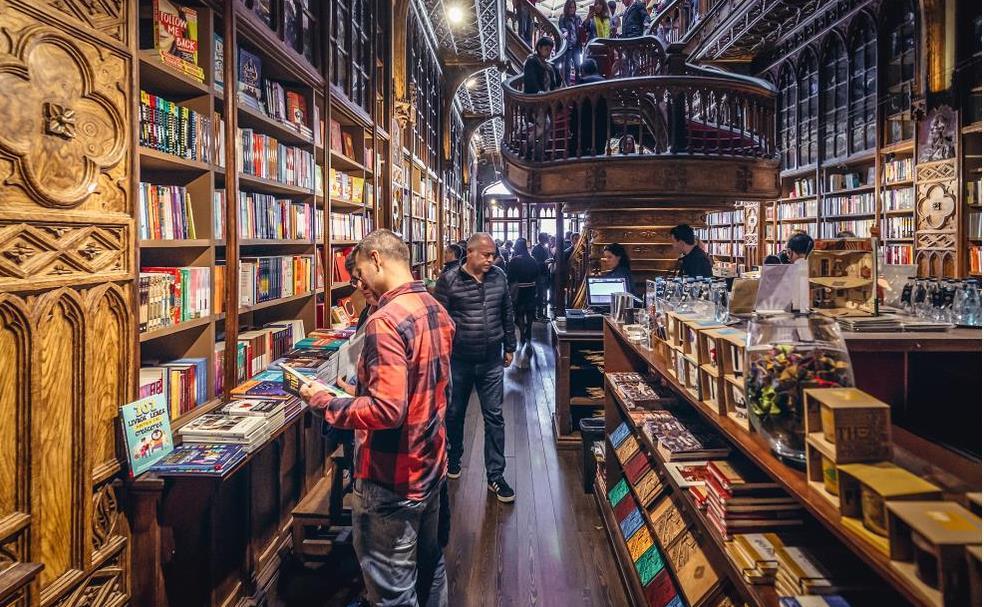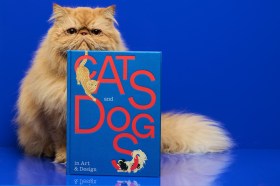In the darkest days of the pandemic, bookshops became our lockdown lifelines to the larger world. Book launches moved online, lazily browsing shelves became looking at a Twitter feed, and some bookshops managed to keep their customers close with home deliveries.
For writers, bookshops serve as small places of solace where they can see and interact with their community. So as Amazon once again tries to own Christmas, we thought it was time to nudge you to shop local by asking four writers what makes a bookshop valuable to them all year round, and perhaps even name their favourites.
Nick Earls
Brisbane author of Zigzag Street and the Wisdom Tree novellas

Author Nick Earls. Photo credit: Candid Lane Photography.
‘Surely no author is mad enough to publicly name a favourite bookshop, thereby telling all the others in the world that they aren’t it?
‘Having said that, I’ve been in a lot of bookshops over the years, and the best of them have something in common. They’re typically the ones that have the most that sets them apart from the retail model that centres on a massive warehouse (or warehouses) and a website. That model is good at stocking and shipping a huge range of books as a durable barcoded product, but the best terrestrial bookshops are part of a community, and encourage reading communities to see them as a hub.
‘In non-pandemic times, they provide a personal interface between authors and readers. The best bookshops are places where time passes at a different pace as you get lost there, re-learn the at-times lost art of browsing and realise it’s really nothing like “people who bought this also bought that”.
‘The best bookshops are driven by a love of reading, and of linking readers – individual, recognisable readers – with books they’ll love. The handselling of new low-profile books can be the thing that gives those books momentum. In 1996, in its first couple of months of publication, Scott Whitmont of Sydney’s Lindfield Bookshop sold more than 60 copies of my novel Zigzag Street, while a nearby shop where staff hadn’t read it sold two. Engaged booksellers are important for writers and readers. In lieu of a “favourite”, I’ll nominate the closest to home that ticks all the boxes, and for me that’s Avid Reader in Brisbane.’
Sally Rippin
Melbourne author of Billie B Brown and Polly and Buster
‘So many writers lead fairly introverted and isolated lives by choice, but I hadn’t realised until that choice was taken away from me how much I craved connection with the outside world and likeminded people. Spending all day every day in my head isn’t always the best company and I craved in person conversations with friends, other book creators and eavesdropping on people in cafes.
‘Thank goodness for The Little Bookroom. Leesa Lambert and her team are the hub of the children’s book community here in Melbourne. Her infectious energy, enthusiasm and massive heart ensured we all had a place where kids book people could connect with each other over the long months of lockdown in Melbourne.
‘Whether through online book events, books dropped at your door wrapped in brown paper and delivered by “Book Santa” (Leesa’s dad) or the weekly KidLit Club Zoom sessions she and I did with Adrian Beck, The Little Bookroom kept me going through some pretty challenging times and helped me feel less alone. I feel so grateful to be a part of this whole big, beautiful book community, this year more than ever.’
The Little Bookroom’s Lisa Lambert hosting Storytime Online with her ‘her infectious energy, enthusiasm and massive heart’.
Jane Rawson
author of From the Wreck and judge of THE SMALL PRESS NETWORK Book of the Year Award.
‘There are two things I like in a bookshop. Firstly, a good twitter presence. I’m thinking here of The Paperback Bookshop, which has become my go-to bookshop because their Twitter account (probably mostly Anna McDonald). They make recommendations, chat about books and life, and I can order a book via Twitter without having to get on the phone or go in, and that works better for me
‘Secondly, a commitment to local authors. Fullers in Hobart is particularly good at this, running a lot of events and launches for Tassie authors, including self-published authors, and hand-selling lots of books that would otherwise disappear unread. They have a “Tasmanian” shelf that is huge and right by the front door/sales desk. Their best seller list always includes local authors unheard of outside the state. Tasmanians will always be able to read books by mainland and overseas writers, but a shop like Fullers gives them access to and awareness of local ideas, stories, histories, imaginings that they might otherwise miss.’
RICHARD WATTS
ARTHUB’S NATIONAL PERFORMING ARTS EDITOR
‘For me, a good bookshop is the perfect combination of intimate (somewhere I know the staff will recognise my tastes and know what to recommend the next time I drop by; ideally also possessed of a good reading nook or a comfy armchair or two so I can do more than just browse the shelves) and outgoing, actively connected with its community in a way an online book warehouse can never be. That’s why Melbourne’s Hares & Hyenas is pretty much perfect for me.
‘Part bookshop, part literary salon and part community hub, home to book clubs and every kind of live performance imaginable, Hares & Hyenas is a world of possibilities contained within four Fitzroy walls. Its shelves are stocked with everything from the latest Australian fiction to the titles that make it a Mecca for Melbourne queers: gay graphic novels, lesbian crime fiction, guides to raising rainbow families and advice on coming out, LGBTIQ+ histories and biographies and so much more.
‘On any given day, its bookcases might be pushed back for a book launch or a poetry reading, while the stage at the rear of the shop, beneath a feature wall of gloriously patterned wallpaper, hosts comedy, theatre, in-conversations and more throughout the year. The shop’s liquor licence means patrons can share a slice of cake and a glass of wine while perusing their latest purchase – it’s the perfect place for a natter with an old friend – but equally, the bookshop is a haven for nervous young kids just spreading their queer wings. A culturally safe space long before the term entered common parlance, actively committed to equity for all, Hares & Hyenas is the cultural heart of queer Melbourne.
‘Night clubs? Bah! Who needs dancefloors when there’s bookshops to be had!’





